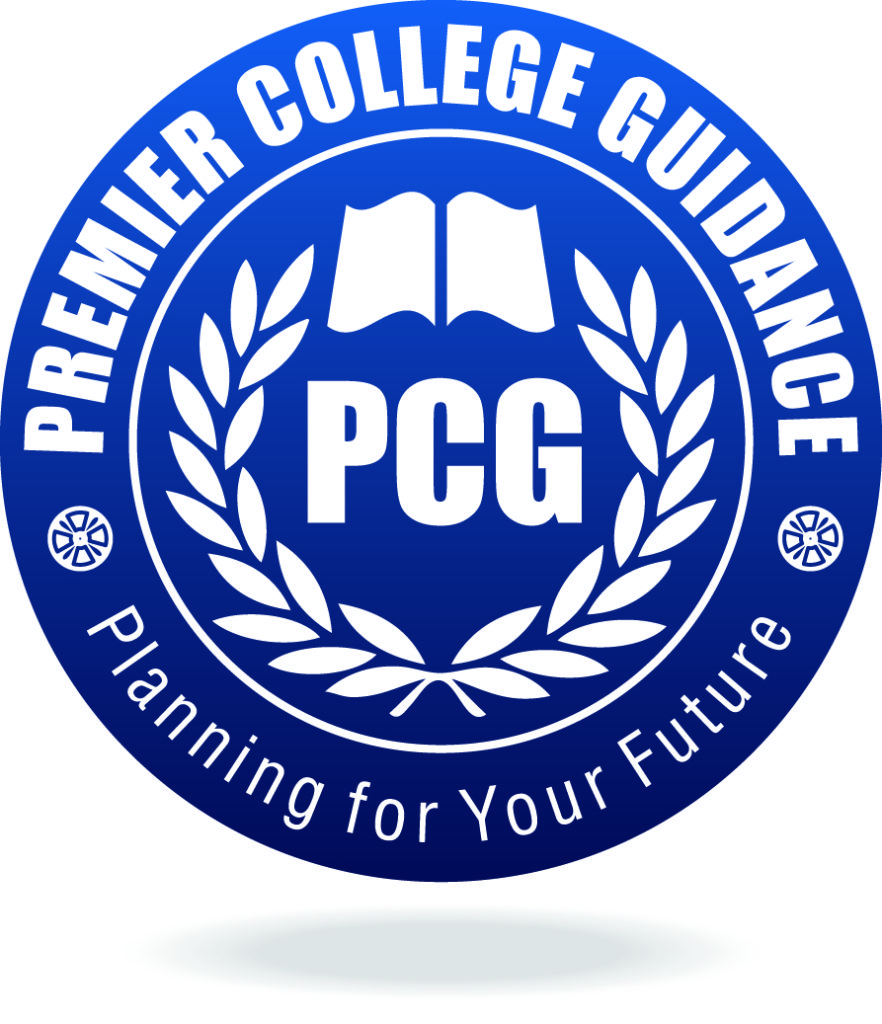As summer approaches, a familiar question begins to surface in households across the country: Are pre-college summer programs really worth the time and money? For students and families navigating the path toward higher education, the decision isn’t always clear-cut. Some programs come with steep price tags, while others promise academic immersion, college exposure, and potential admissions benefits. So how do you know what’s truly valuable?
Imagine a student standing at the edge of their junior year, unsure whether engineering is the right path. They enroll in a summer program focused on hands-on design and introductory coursework. Over the course of a few weeks, they build, test, collaborate—and discover not just an aptitude for engineering, but a deeper motivation to pursue it in college. That experience becomes a turning point, informing their major, strengthening their confidence, and ultimately setting them up for success in their first year.
That’s the kind of clarity many students gain from well-designed summer programs. These aren’t just academic samplers; they’re testing grounds. For some, they offer the first real opportunity to experience life on a college campus—interacting with professors who may later become mentors, getting a feel for dorm life and dining halls, and easing the fear of the unknown. Even a short stay on a college campus can make the idea of higher education more tangible, more manageable, and far less intimidating.
The benefits aren’t only academic. Pre-college programs often attract highly motivated students from around the country—and the world. The connections made over late-night study sessions or collaborative projects often extend beyond the summer. These peers may become future classmates, professional contacts, or lifelong friends. In this way, a summer program becomes not just a short-term investment, but the foundation of a student’s early network.
Skill development is another often-overlooked benefit. The structure of many programs reinforces time management, critical thinking, independent study habits, and exposure to real-world challenges in fields like STEM, business, the arts, or the humanities. Students come away not just smarter—but more prepared to handle the academic demands of college.
And then, of course, there’s the admissions question. While no summer program guarantees admission to a dream school, participation in a competitive or subject-aligned program can absolutely demonstrate initiative, focus, and passion—qualities admissions officers consistently seek. When a student attends a program hosted by a college they later apply to, it can even signal strong interest, which is sometimes tracked and factored into the admissions process—particularly at smaller or private institutions.
Yet, for all the potential benefits, there’s no ignoring the cost. Many elite pre-college programs come with a hefty price tag, often several thousand dollars. Thankfully, financial aid and scholarships are frequently available—but families must still weigh the cost against the expected return in academic growth, networking, and admissions edge.
And here’s a truth we emphasize in our masterclass: not every meaningful summer requires a tuition payment. Some of the most impactful student experiences are those that are self-initiated. A DIY summer can be just as valuable—sometimes even more so—when it’s deeply aligned with a student’s interests and goals.
A self-created initiative might take the form of a research project in partnership with a local university or through online platforms like Zooniverse. It could be the launch of a service program addressing food insecurity in your community, or a personal commitment to mastering a new subject through platforms like Coursera or EdX. For others, it’s shadowing a professional in their field of interest or interning with a local business. These experiences don’t just build skill—they build story.
Students who track their progress, reflect on their growth, and publish their work—whether through a portfolio, blog, or video journal—emerge from summer with tangible outcomes. And those who take the time to connect with mentors along the way may gain advocates who later write powerful letters of recommendation.
In the end, the best summer strategy isn’t about choosing the most prestigious option—it’s about choosing the most purposeful one. Whether you enroll in a structured pre-college program or build your own path from scratch, the goal is the same: to learn something meaningful, to grow in direction and confidence, and to prepare for the journey ahead.
To support you in this process, we’ve developed the Summer Program Evaluation Tool—a downloadable resource to help you evaluate program options or design your own initiative with clarity. From program cost and academic benefits to community impact and admissions value, it’s all there to guide you step-by-step.
This summer is a blank slate. Let’s make it count.

Recent Comments